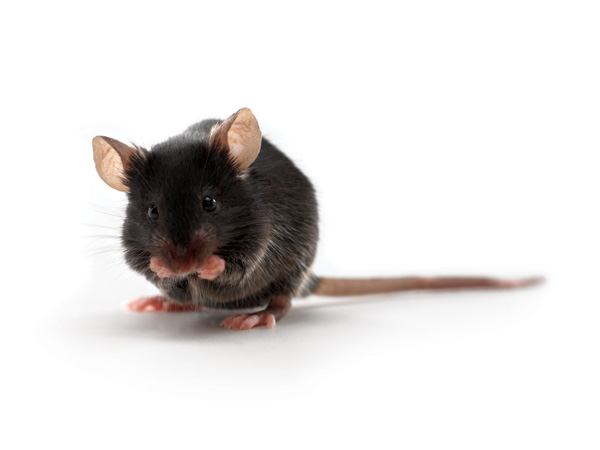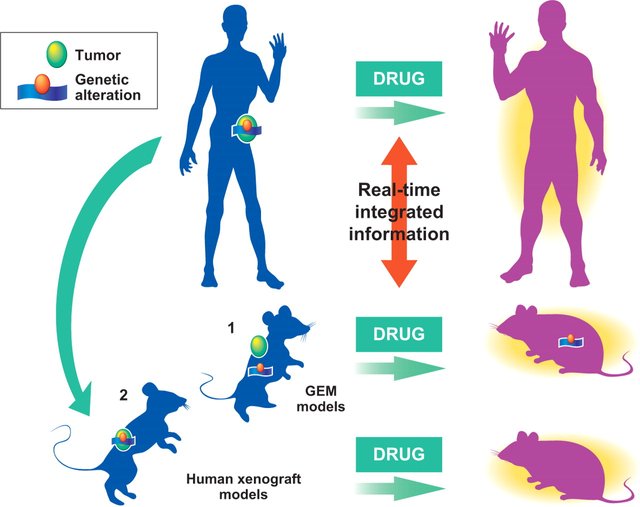[Personalized Medicine]: Using Mouse Models
Why Mice?
As biotechnology grows each year, many biomedical approaches to studying how diseases develop and work have turned into revolutionary advances in medicine and scientific research in the last decade. Medical researchers have adopted the mice as the principal laboratory animal. Because they have a common mammal evolutionary path, mice and humans share 95% to 98% of genes. The mice has become a model to study complex human diseases including :
- Cancer
- Diabetes
- Infectious Diseases
- Neuro-degenerative Diseases
- Hypertension
- Obesity
- Spontaneous & Hereditary Mutations
Thanks to these animal models, scientists are able to try therapeutic approaches to many diseases by evaluating the behavioral and physiological responses on the laboratory mice, and further addressing the use of beneficial medications in humans clinical trials.
Drug development is one of the biggest biotechnology sectors. It lead to the discovery of novel therapies to treat poorly understood diseases by using laboratory mice to find out which particular medication works best for a patient. Today, laboratory mice have become humanized models essential for pre-clinical research and in enabling the development of personalized medicine.
The most remarkable current uses of mouse models contribute to the improvement of human health and understanding complex mechanisms of human diseases through:
1.) Genetically Engineered Mouse Models that support the research of particular genes essential for the pre-clinical treatment of a range of illnesses; and in better understanding the human genome.
2.) Human Xenograft Tumor Mouse Models which help in finding the best treatment options for cancer and other regimented medications.
These two types of disease models have enabled scientists all over the world to usher in an era of personalized medicine and in finding new targets to treat diseases. This is just the beginning.
Thanks for reading!


I hate that we need to experiment on animals but realistically a lot of good comes out of it.